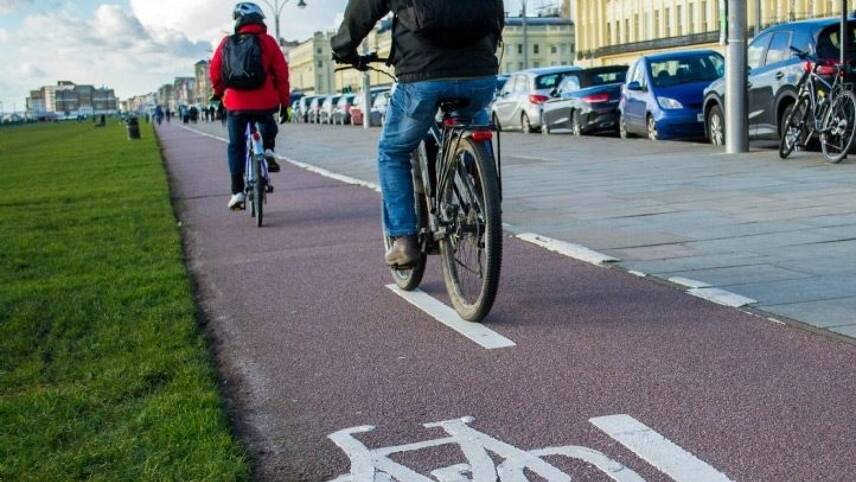Register for free and continue reading
Join our growing army of changemakers and get unlimited access to our premium content

The decision has been met with legal scrutiny, as lawyers representing Transport Action Network argued that Ministers made this decision without due consideration of their legal obligations.
In particular, the group asserted that the Government’s decision neglected the legal requirements related to climate, air quality, and equality, despite the DfT’s previous emphasis on the benefits of active travel for these areas.
Transport Action Network’s director Chris Todd said: “When they cut funding in March, Ministers promised to find additional cash as soon as possible. Yet of the £36bn saved from cutting HS2 this month, not a penny was dedicated to active travel.
“There wasn’t a single example of a walking or cycling scheme in the huge list of projects the Prime Minister was promising.
“We’re disappointed that we had no choice but to take them to court. However, we’re delighted the judge agreed this important case deserves a full hearing.”
The Transport Action Network is now in the process of launching a crowdfunding campaign to secure £40,000 to cover its legal expenses.
Given the considerable reduction of the active travel budget by more than £200m, the group claims that each contributed pound has the potential to unlock in excess of £5,000 in funding if the case proves successful.
The legal representation for the group is provided by David Forsdick KC and Charles Bishop from Landmark Chambers, under the guidance of Leigh Day.
The High Court judge, Mr. Justice Jay, acknowledged the case as “potentially an important case” that pertains to a legal provision that has not been previously examined.
The underpinning legal argument
This legal provision, modelled on the principles guiding road and rail investment, stems from the Infrastructure Act of 2015. It mandates the DfT to publish walking and cycling objectives and allocate the necessary resources to achieve them within a comprehensive Cycling and Walking Investment Strategy (CWIS).
The central objective of the CWIS is to see 50% of urban journeys in the UK being made on foot or by bicycle by the year 2030.
However, even prior to the announced funding cuts, the DfT had already foreseen challenges in achieving this goal.
In a revelation just hours before the High Court hearing, lawyers representing the DfT were compelled to disclose slides illustrating how the funding reductions would negatively impact sustainable travel options across the majority of England’s local transport authorities.
This ruling coincided with the Government’s response to the Climate Change Committee’s (CCC) 2023 Progress Report, which highlighted that emissions from the transportation sector were not projected to decrease rapidly enough.
The CCC’s report specifically called upon the Government to “restore the funding allocated for active travel at Spending Review 2021.” The pressure on the Government to reevaluate its decision is further amplified by the imminent release of the Public Accounts Committee’s report on the funding cuts.
A full legal hearing on this matter is expected to take place in early 2024. In the interim, government officials will be required to divulge documentation to provide greater clarity regarding the decision to slash funding for walking and cycling.
edie has asked the DfT for comment. This article will be updated as and when we receive a response.


When Ministers are able to walk from office premises, or home, straight into the opened limousine, the matter of individual plebian transport is not uppermost their minds.
If ever!